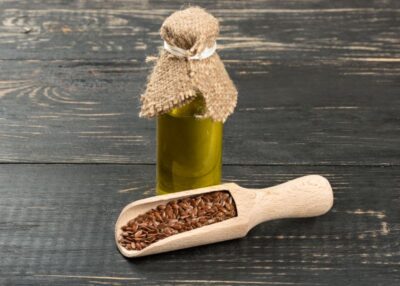There is a lot of controversy about what types of oils are best for conditioning leather. Common kitchen oils can leave residue on leather, and they can also cause spotting. Lemon essential oil is another alternative that has promising effects on leather. To use it, use a soft cloth to apply 10 drops to the leather.
Argan oil
Argan oil is rich in fatty acids that are good for the leather. However, it is not recommended as a first choice of leather oil. It can leave a greasy surface, preventing even application of polish and affecting the life span of your leather. It is also not recommended for the purpose of leather repair. It is better to use a leather repair kit.
Castor oil can also be used as a scalp treatment. It is recommended to dilute it with five parts lighter oil and apply it sparingly. You can apply it on your scalp or your hair, but make sure to avoid applying it on your face, because it will leave it greasy. If you’re using it for your hair, use it sparingly and focus on the ends. It should not be mixed with other moisturising products.
Linseed oil
Linseed oil is an essential component of leather conditioning products. It not only protects your leather from drying out, but it also repels water and helps extend the time between coats. Applying this oil to your leather items is a great way to bring out the natural beauty of your furniture, shoes, and other leather products.
This product contains a blend of natural oils and the bee’s propolis, which is a sticky glue-like substance produced by bees. It’s made for medium-duty leather, and its formula includes silicone and lanolin to increase the surface’s water resistance. However, this product can be heavy and may not be suitable for finer leathers
Beeswax
Beeswax is a natural lubricant that conditions leather without destroying its natural stiffness. It is a great choice for protecting the appearance of a variety of leathers, including suede, raw, and split leathers. It can also be used on recycled leathers. Because beeswax is waterproof, it will maintain the appearance of a leather item for years to come.
Before applying beeswax, wipe off all dust from the surface. Next, apply the cleaner to a lint-free cloth, such as a microfiber cloth or a cotton rag. Use small circular motions to gently rub the cleaner all over the leather surface. Be careful not to rub too vigorously or you may end up darkening the leather. Ideally, the color of the leather will stay uniform.
Mink oil
Castor oil and mink oil for leather condition both contain natural oils and propolis, a sticky substance that bees produce. They are ideal for medium-duty leathers, but their formula is too heavy for finer leathers. However, they are both effective for reducing the appearance of water spots and stains on leather.
While applying these oils, make sure to use lint-free rags. Rub a small amount of the oil into the leather using small circular motions. This prevents over-application, which may cause spots to darken. Aim for a smooth and even finish.
Hawk Tools Ultimate Leather Salve
Hawk Tools Ultimate Leather Salve for leather condition uses a proprietary blend of natural butters, waxes, and oils to restore the suppleness of dehydrated leather and protect it from further damage. It contains no dyes or artificial scents or flavors and is suitable for all types of leather.
This affordable tool restores softness and elasticity to dry leather. It protects the leather from moisture and salt. It also reduces the creaking that can be irritating in winter boots. Just follow the recommended dosage.
Vegetable oil
Vegetable oil is a natural product that prevents water from penetrating leather and adds a natural shine. It is a great choice for those who want to condition their leather without using chemicals. This oil is easy to apply and does not require any dilution or mixing with other products.
However, there are some conditions that make vegetable oil unsuitable for leather conditioning. If it is not kept in proper conditions, it can go rancid and damage the leather goods. Coconut oil is an excellent alternative for this purpose as it contains fatty acids and can penetrate leather.




